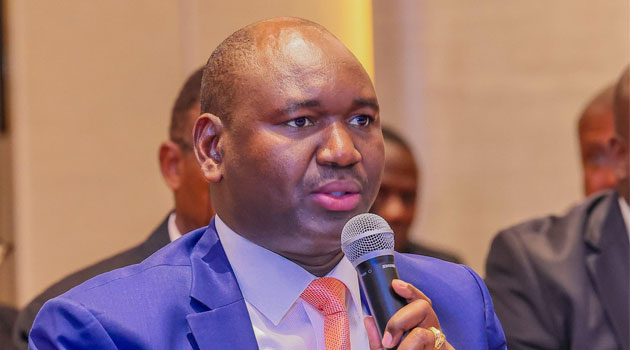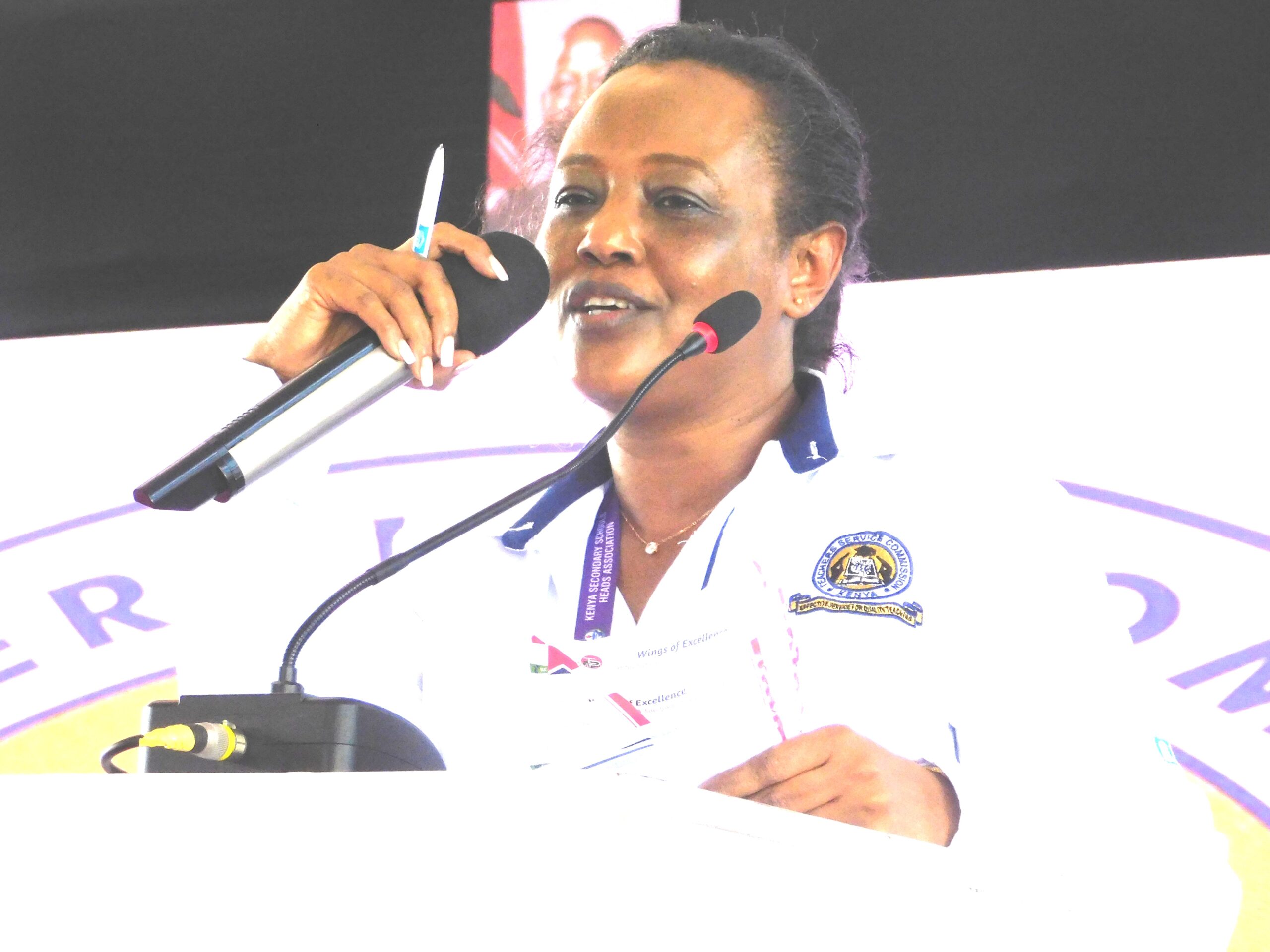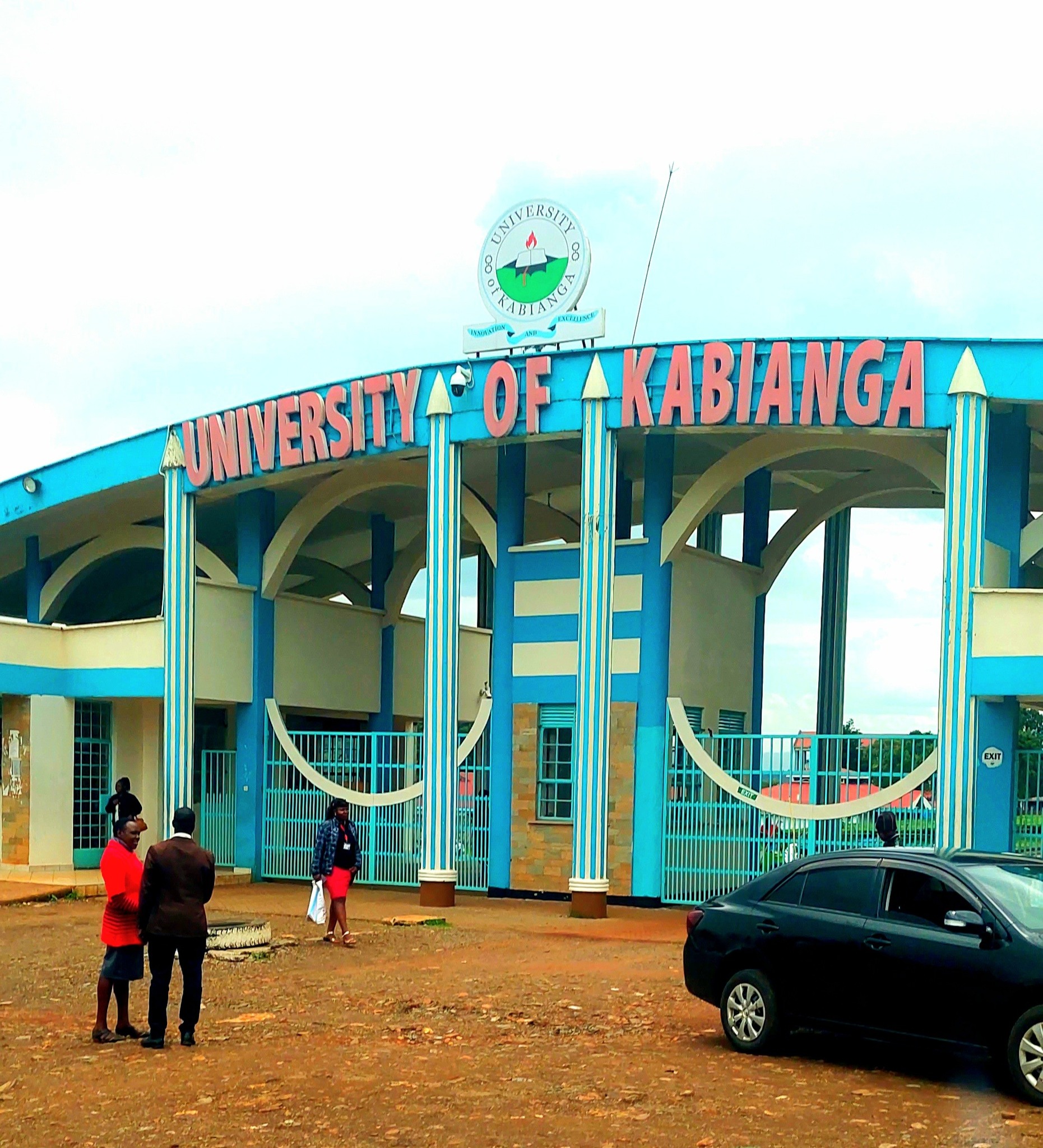By Roy Hezron
Strathmore University’s School of Law is the only institution in the country whose Bachelor of Laws (LL. B) programme has the highest entry requirements as report recommends a review in university admission criteria.
This therefore means that if the recommendations will be adopted, students wishing to pursue the Bachelor of Laws (LL. B) programme will have to go an extra mile in their studies since higher qualifications than it is the case currently may be imposed.
Currently, students wishing to study bachelor of law only require attaining a minimum of Kenya Certificate of Secondary (KCSE) entry grade of C+ (plus) with a minimum grade of B (plain) in English Language or Kiswahili.
The report establishes a strong correlation between students’ performance in the bar examinations and performance at high school and in the Bachelor of Laws programme and suggests higher entry requirements into the programme.
“An analysis of student high school grades against their performance in the Bar examinations indicates that students with higher high school grades consistently performed better in bar examinations compared to students with lower high school grades,” reads the report.
The proposals and findings are contained in a final report titled Factors Influencing Students’ Performance in the Kenyan Bar Examination and Proposed Intervention dated September 2019, which is a joint publication of the Kenya School of Law (KSL) and Kenya Institute for Public Policy Research and Analysis (KiPPRA).
Apart from raising the entry requirements, the report also proposes that more emphasis should be placed on English grades implying that the current entry grade of B (plain) at KCSE examination will also be raised, and introduction of additional admission criteria.
“The university admission criteria should be reviewed. The entry requirements for admission to the LL. B should be raised. There is also need to place more emphasis on English grades. Additional admission criteria should be introduced including introduction of a standard exam prior to admission to university testing English, language and comprehension skills,” adds the report.
This comes as stakeholders raised concerns over the annual bar examinations mass failure known during Advocate Training Programme (ATP) by law students at the KSL, an examination which is set and administered by Council for Legal Education (CLE).
According to the findings of the report, in 2017, 92.3 per cent of candidates who undertook the ATP and who had high school grades of A passed the Bar examinations in the first sitting. In the same year, 44.4 per cent of candidates who undertook the ATP and who had high school grades of C passed the Bar examinations.
“The threshold for admission requirements should not only be defined in terms of grades but in terms of clarity and predictability. Clear admission criteria would guide prospective students and applicants in knowing what to work towards and managing expectations,” added the report.
The findings of the report noted that Strathmore University Law School was the only Law School in the country with the highest entry requirements which are also above those stipulated in the Legal Education Act, 2012 and the Legal Education Regulations, 2016 with additional requirements to be met, and further administers an entrance exam and, thereafter, an oral interview to applicants for its LL.B programme.
According to the University’s entrance requirements, students wishing to enroll in its LL.B programmes should have an aggregate of B (plain) at KCSE with a B (plain) in English or Kiswahili, with People Living with Disabilities (PWD) being required to have an aggregate of C+ (plus) at KCSE with a B (plain) in English or Kiswahili; with students with grade B (plain) or higher in Kiswahili will be required to have scored at least a B- (minus) in English.
Apart from Strathmore University’s Law School, Kenyatta University’s School of Law was similarly found to have higher entry requirements for the Bachelor of Laws programme providing that candidates must satisfy the minimum university entry requirements, with a mean grade of B (plain) in KCSE including a minimum of grade B (plain) in English.
Other Universities which were found to have higher qualifications than those prescribed include Riara University and Egerton University which both require a minimum grade of B-(minus) in KCSE with a B (plain) in English.
University of Nairobi (UoN), Catholic University of East Africa (CUEA), Mount Kenya University (MKU), Moi University, Kisii University, Kabarak University, African Nazarene University, Umma, Daystar, Chuka and University of Embu have all set their entry requirements as those provided in the Legal Education Act, 2012, with eligible candidates in these universities being required to have at least grade B (Plain) in English or Kiswahili.
Another proposed reforms contain in the report is to mandate the KSL to train law graduates and also administer the bar examinations, unlike currently where KSL only conducts the post-graduate training for law graduates, which is known as the Advocates Training Programme (ATP) while CLE sets, administers and marks the bar examination.
“Notwithstanding the findings that most former students strongly agree that training and examination should be carried out by one institution, specifically the Kenya School of Law, in the event that the examination function remains with the Council of Legal Education, they should adequately consult and work closely with the Kenya School of Law,” reads the report.
The report also proposes increase number of lecturers at KSL in order to adopt small classes of 15-20 students at KSL which are ideal in imparting practical teaching aspects in order to reduce student-lecture ratio and providing one-on-one mentorship; and students’ internships, known as pupilage, be done before the bar examinations, in the belief that this would increase ATP pass rate.
“An estimated 76.9 per cent of former students strongly agreed that insufficient work experience prior to KSL in a law firm was a main factor in influencing student performance in Bar examinations. In this regard, it was observed that it is more beneficial for students to undertake the training, then proceed for pupillage and thereafter sit the Bar examinations for which they will be better placed and prepared to undertake,” reads the report.





